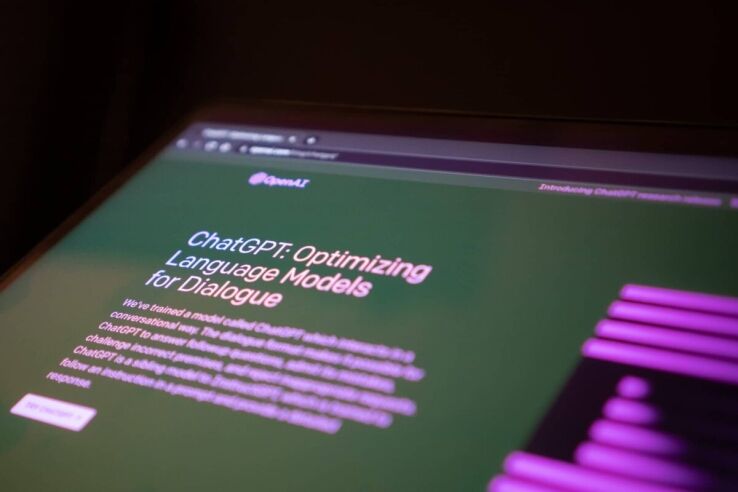Does ChatGPT plagiarize?
ChatGPT developers OpenAI state that only original content is generated via the chatbot

WePC is reader-supported. When you buy through links on our site, we may earn an affiliate commission. Prices subject to change. Learn more
ChatGPT uses the learned information to produce new ‘responses’ and does not copy or plagiarize. Sometimes the AI can produce similar content or even incorrect content, so best to sense-check what you are getting. Still, language models such as ChatGPT are trained on large data sets from the web, meaning they can generate text that is very close to or similar to pre-existing information.
This can cause issues in academia where original writing is important. There are tools out there that can detect plagiarism and AI-generated content, so those that take advantage of the service can be caught out.
Similarities vs plagiarism with ChatGPT
While ChatGPT does not directly copy or plagiarize content, its ability to generate text that closely resembles current information can sometimes lead to concerns regarding plagiarism. ChatGPT’s content production is a direct result of its training, which is essentially online sources. These sources include articles, websites, books, and other publicly available text
One of the main caveats to ChatGPT’s responses is that they are not always accurate or entirely original. The model’s output may contain similarities or overlap with pre-existing information due to the vast amount of data it has absorbed. In some cases, ChatGPT may unintentionally reproduce sentences or phrases that resemble existing sources.
This raises concerns, particularly in academic contexts where originality is of the utmost importance, as academic writing often requires unique ideas and proper citation. While ChatGPT can provide useful information, you should always exercise caution and independently verify the accuracy and of the generated content.
So what is the difference between similarities and actual plagiarism? Plagiarism involves intentionally presenting someone else’s work or ideas as one’s own, while similarities could just be down to ChatGPT’s training data and overall processes.
Impact on academic writing
To address these concerns, various tools and techniques have been developed to detect AI-generated content and identify potential instances of plagiarism. These tools employ advanced algorithms and comparison techniques to analyze the generated text and compare it against existing sources to identify any similarities or matches.
To avoid issues, individuals should adopt responsible and ethical work practices. Students and researchers should view ChatGPT as a tool for information gathering and idea exploration rather than a substitute for independent thinking and research.
While the technology presents opportunities for information retrieval and idea generation, it also poses challenges in maintaining the integrity of academic work. By adopting responsible practices, verifying sources, and utilizing plagiarism detection tools, it is possible to strike a balance between leveraging AI language models and upholding the principles of academic integrity.
Can teachers tell if you use ChatGPT?
Yes, some teachers can spot AI generated text without tools, however, with the inclusion of AI content detection, it is now easier than ever to detect when ChatGPT has been used.
Can you use ChatGPT to write essays without plagiarizing?
If you just copy and paste text form ChatGPT, it can be detected. Instead you should only use ChatGPT for ideas and to help with efficiency while researching.